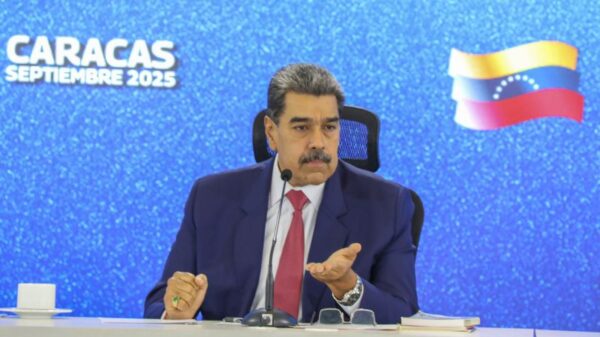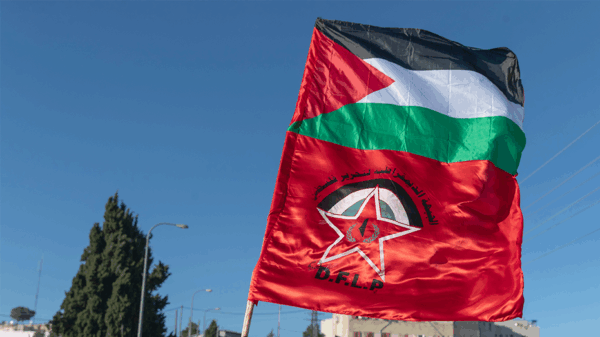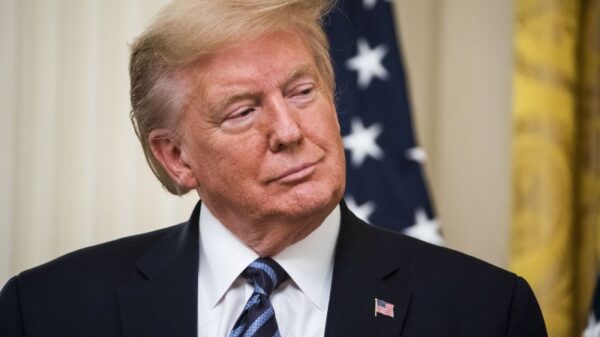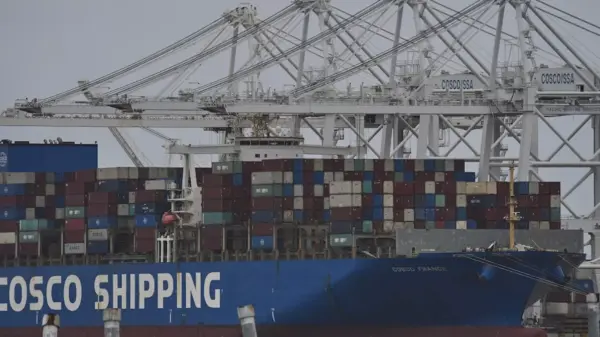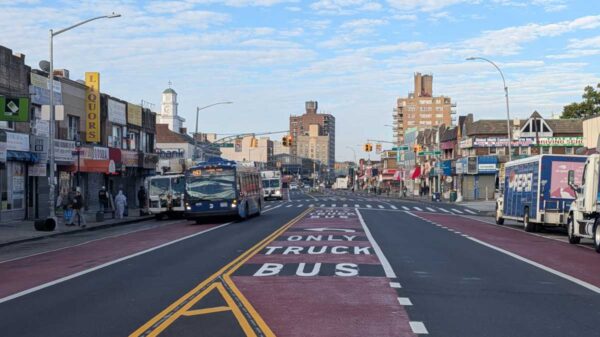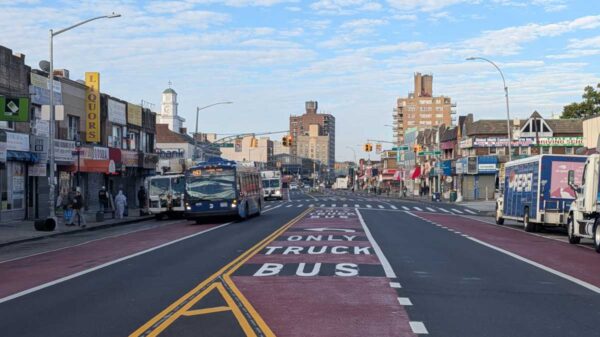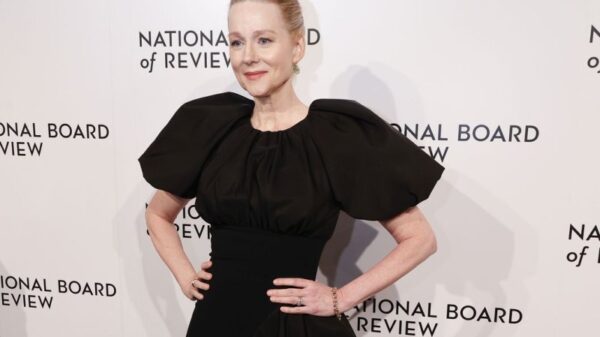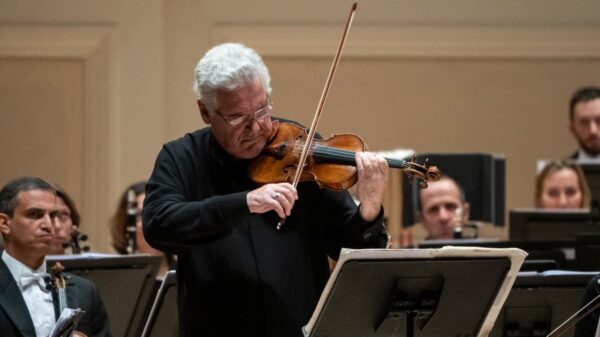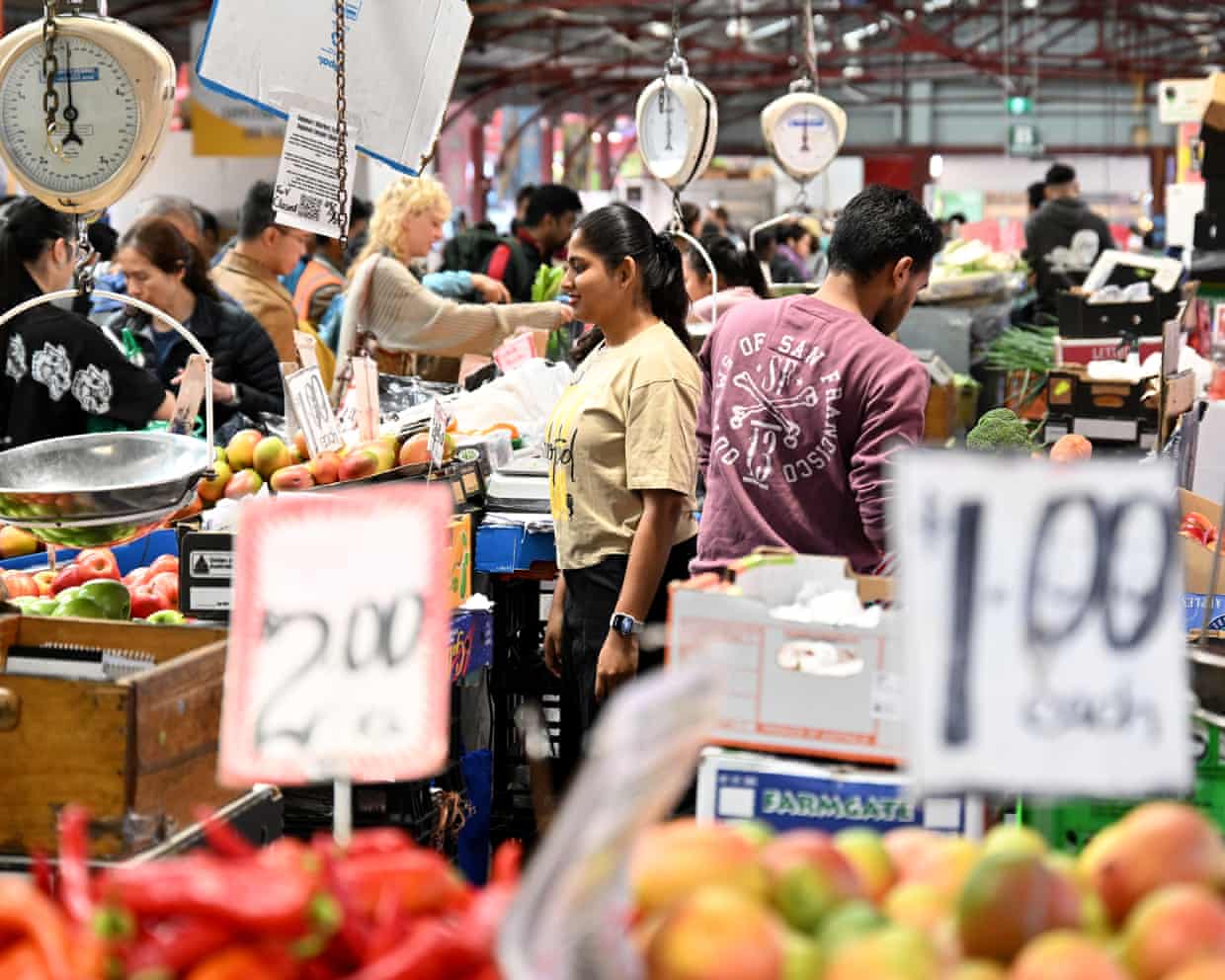Australia’s multicultural landscape faces scrutiny as many migrants express dissatisfaction with a system they see as largely superficial. The call for more meaningful inclusion in decision-making processes has grown louder, highlighting the difference between mere cultural celebration and genuine representation.
The issue is brought to the forefront by voices such as Shadi Khan Saif, who emphasizes that migrants desire a platform that extends beyond recognition of their cultures. They seek a seat at the table where policies affecting their lives are crafted. This sentiment resonates particularly in urban centers like Sydney and Melbourne, where diversity thrives yet decision-making remains predominantly in the hands of the majority.
Migrants in Australia, estimated to make up over 30% of the population, feel that their contributions often go unacknowledged in significant national discussions. Many argue that while cultural events and festivals celebrate diversity, they do not translate into real influence over policies that impact their communities.
One prominent example of this disconnect is seen in the political arena. Despite a growing number of politicians from migrant backgrounds, representation in key government roles remains limited. Many migrants articulate a desire for their perspectives to inform policies on issues such as education, healthcare, and social services.
Tokenism vs. True Inclusion
Critics argue that the Australian government’s approach to multiculturalism often veers into tokenism, where initiatives are implemented to showcase diversity rather than foster genuine inclusion. Saif points out that while multicultural festivals may present a colorful façade, they often neglect the underlying issues faced by migrant communities, such as employment discrimination and access to essential services.
This superficiality in engagement raises significant concerns among migrants, who feel that their voices are not heard in the corridors of power. Many community leaders are calling for policy reforms that would ensure that migrant voices are integrated into the decision-making process.
For instance, initiatives that allow for community consultation on legislative issues could empower migrants to influence outcomes that directly affect them. Furthermore, creating advisory councils that include migrant representatives could lead to more equitable policies and foster a sense of belonging among diverse populations.
Path Forward: Bridging the Gap
To bridge the gap between celebration and participation, Australia must reassess how it engages with its multicultural citizens. This includes not only recognizing the contributions of migrants but also actively involving them in discussions that shape their futures.
As Australia continues to evolve demographically, the need for inclusive governance becomes increasingly vital. By ensuring that migrants have a voice in decision-making, the nation can move towards a more cohesive society that values diversity as a strength rather than a mere aesthetic.
In conclusion, the call from migrants for more than just symbolic recognition is clear. They seek meaningful involvement in the decision-making processes that affect their lives, urging policymakers to move beyond token gestures and towards genuine inclusion. The success of Australia’s multiculturalism may ultimately depend on its ability to incorporate the voices of all its citizens into the fabric of its governance.


